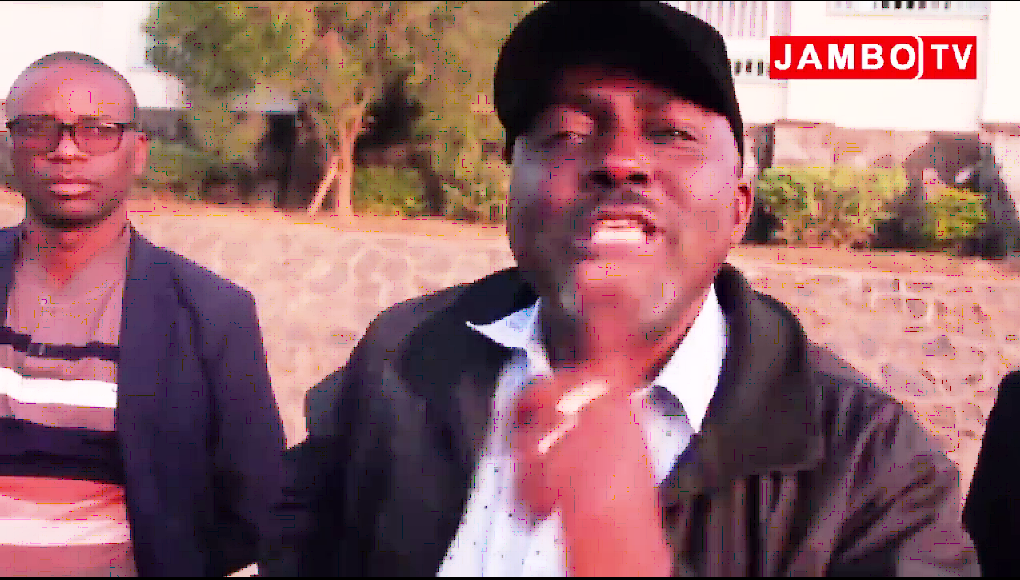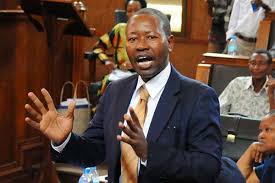
NAIROBI, Kenya, August 7, 2023/APO:
Tanzania authorities have detained or threatened at least 22 people since June 10, 2023, including protesters, after they criticized the Tanzania National Assembly’s ratification of an agreement for management of Tanzania’s ports, Human Rights Watch said today.
The agreement would allow a logistics company controlled by the Emirate of Dubai in the United Arab Emirates to manage major Tanzanian ports. Tanzania should stop harassing and arresting critics of the agreement.
“The Tanzanian government’s suppression of its critics is a troubling sign of its low tolerance for dissenting views,” said Oryem Nyeko, Tanzania researcher at Human Rights Watch. “Instead of clamping down on critics, the government should respect the right to freedom of expression and assembly, and listen to them.”
On June 10, Tanzania’s national assembly approved an “intergovernmental agreement” the Tanzanian government entered into with the Emirate of Dubai in October 2022 aimed at “developing, improving, managing and operating the sea and lake ports in areas like special economic zones, logistic parks and trade corridors.”
The authorities have since cracked down harshly on protesters and activists who criticized the agreement for giving another country excessive control of Tanzania’s ports. The critics contend that the government’s action violated Tanzanian and international law.
On June 19, police arrested and detained 18 people for two days during a protest in Dar es Salaam.
On July 10, the director of criminal investigation ordered Dr. Rugemeleza Nshala, a lawyer and activist, to report to the police, saying the police were “conducting investigations” into remarks he made days earlier on the social media application Clubhouse criticizing the deal. Nshala told Human Rights Watch he fled Tanzania after he received death threats because of his vocal criticism of the deal.

On July 12, police summoned Boniface Mwabukusi, also a lawyer, after he held a news conference, alongside an opposition politician, Mdude Nyagali, in Dar es Salaam to protest the agreement. On July 14, the police arrested Mwabukusi and Nyagali, when they responded to the police summons.
The police confiscated Mwabukusi’s phone and interrogated him for eight hours, then released him without charge. Nyagali remained in detention until July 17 and was released on police bond, also without charge. The police gave Nyagali a letter ordering him to hand over his phones, laptop, and other electrical equipment, which he refused to do. Mwabukusi told Human Rights Watch he went into hiding for three days when he began to receive death threats after he shared his views on the agreement in June.
On July 14, the attorney general filed an application to the Advocate’s Committee – Tanzania’s disciplinary institution for lawyers – alleging professional misconduct by Mwabukusi because of remarks he made during a July 3 news conference about the deal, seeking a declaration that he had committed “gross professional misconduct” and an order to bar him from practicing law.
Mwabukusi has filed a petition with the high court challenging the ratification of the agreement. He contended that it violates Tanzanian law because the public was only given two days to submit their views on it, and that the agreement itself contravenes international law and Tanzania’s domestic law by handing the management of natural resources to a foreign entity.
On July 17, police arrested Peter Madeleka, also a lawyer, outside a courtroom in Arusha shortly after the high court canceled his plea bargaining deal with the director of public prosecution in a 2020 economic sabotage case, and charged him with new offenses. Both Mwabukusi and Nshala told Human Rights Watch they believed the authorities were holding Madeleka because he had been publicly critical of the port agreement.
Tanzania’s human rights situation, particularly for freedoms of expression and association, deteriorated badly after the late President John Magufuli came to power in 2015. The government used laws like the 2015 Cybercrimes Act and the 2016 Media Services Act to censor opposition politicians, journalists, and activists for criticizing the government and the president. Around the October 2020 general elections, when Magufuli was re-elected, the government ramped up these restrictions and arbitrarily arrested scores of opposition party leaders and supporters.
President Samia Suluhu Hassan, who was appointed after Magufuli’s death in March 2021, has since taken some measures to respond to rights concerns. In February 2022 the government lifted its ban on four newspapers, and in March it dropped charges against and released Tanzania’s main opposition leader, Freeman Mbowe, after he had been detained for seven months. In January, Hassan ended a six-year ban on politicians holding political rallies and meetings outside of election periods.
The government has yet to review repressive provisions of a raft of laws restricting freedom of expression and association that were enforced after Magufuli took power.



